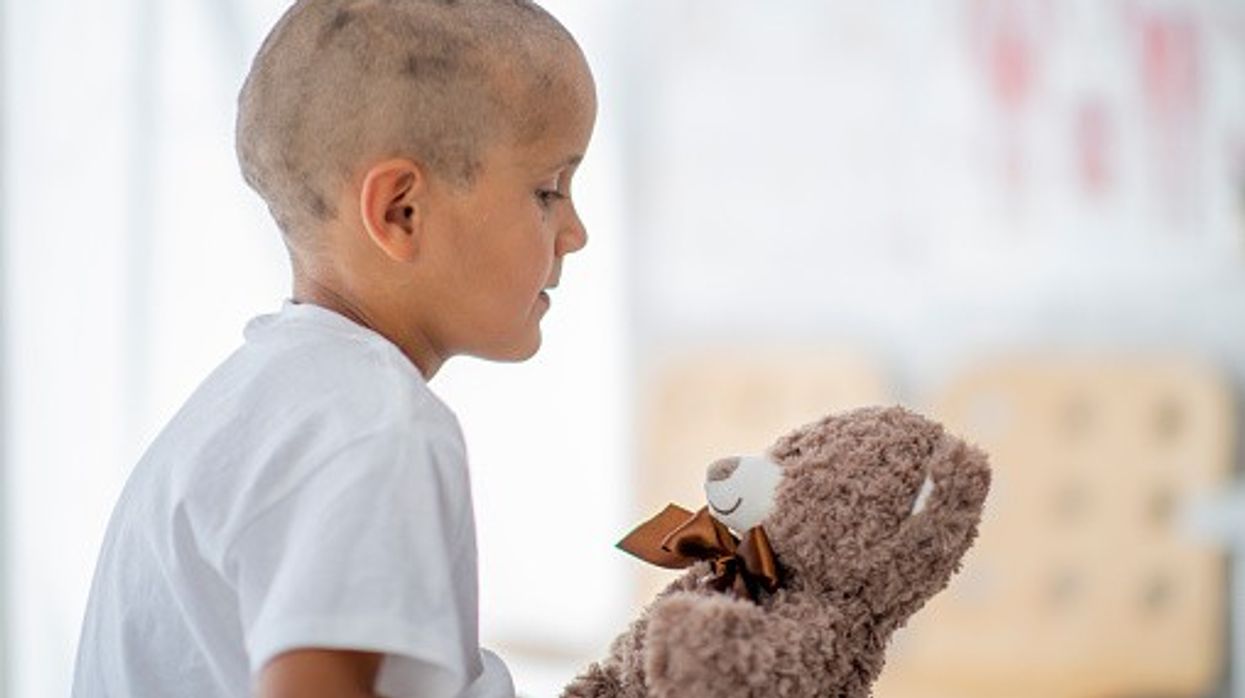The treatment has been found to slow the progression of gliomas by over threefold compared to standard chemotherapy
After receiving approval from the National Institute for Health and Care Excellence (NICE), the NHS is preparing to roll out a new combination treatment for brain tumours in children and young people in England.
Dabrafenib with trametinib would be the first ever targeted treatment for children (aged 1-17) with gliomas that have a specific genetic mutation, the health service said.
The treatment, which can be taken at home, has been found to slow the progression of the disease by over threefold compared to standard chemotherapy in children with low-grade gliomas that have a BRAF V600E mutation. Clinical trials have shown that it causes fewer side-effects than chemotherapy.
NICE approved the combination treatment on Wednesday 24 April. It will be available on the NHS in the coming months.
Professor Peter Johnson, NHS National Clinical Director for Cancer, said: “It is fantastic news that this new precision treatment for children and young people with this type of brain tumour will now be available on the NHS – it is a significant step forward in treatment that has been shown to be easier to take than chemotherapy and very effective in blocking the growth of the disease, helping children have a better quality of life for longer.
“It can also be taken at home, meaning children and teenagers can spend less time in hospital having treatment and more time with their loved ones and doing things they enjoy – this is just the latest example of our efforts to make more effective treatments available for patients to improve the lives of those facing cancer.”
How the treatment works
The combination treatment targets the proteins made by the altered BRAF gene that are responsible for uncontrollable tumour growth.
Dabrafenib (marketed as Finlee) is given as dissolvable tablets, taken twice daily, and trametinib (Spexotras ) is provided as an oral solution, to be taken once daily.
A glioma is a type of tumour that starts in the brain or spinal cord. It may manifest as low-grade, characterised by slow growth, or high-grade, marked by rapid progression and often leading to fatality.
According to the NHS, approximately 150 children are diagnosed with low-grade gliomas, and around 30 are diagnosed with high-grade gliomas every year in the UK. Up to one-fifth of these cases involve a mutation in the BRAF gene, which makes the tumours more resistant to chemotherapy.
Helen Knight, director of medicines evaluation at NICE, commented: “Diagnosis of a glioma brain tumour, which is often fatal for people with advanced high-grade glioma, can have a devastating impact on children and their families.”
“Treatment options are limited, and we know they can be brutal. I am pleased we can recommend this new combination therapy that can give children longer without their tumour growing and offers them and their families a better quality of life.”













